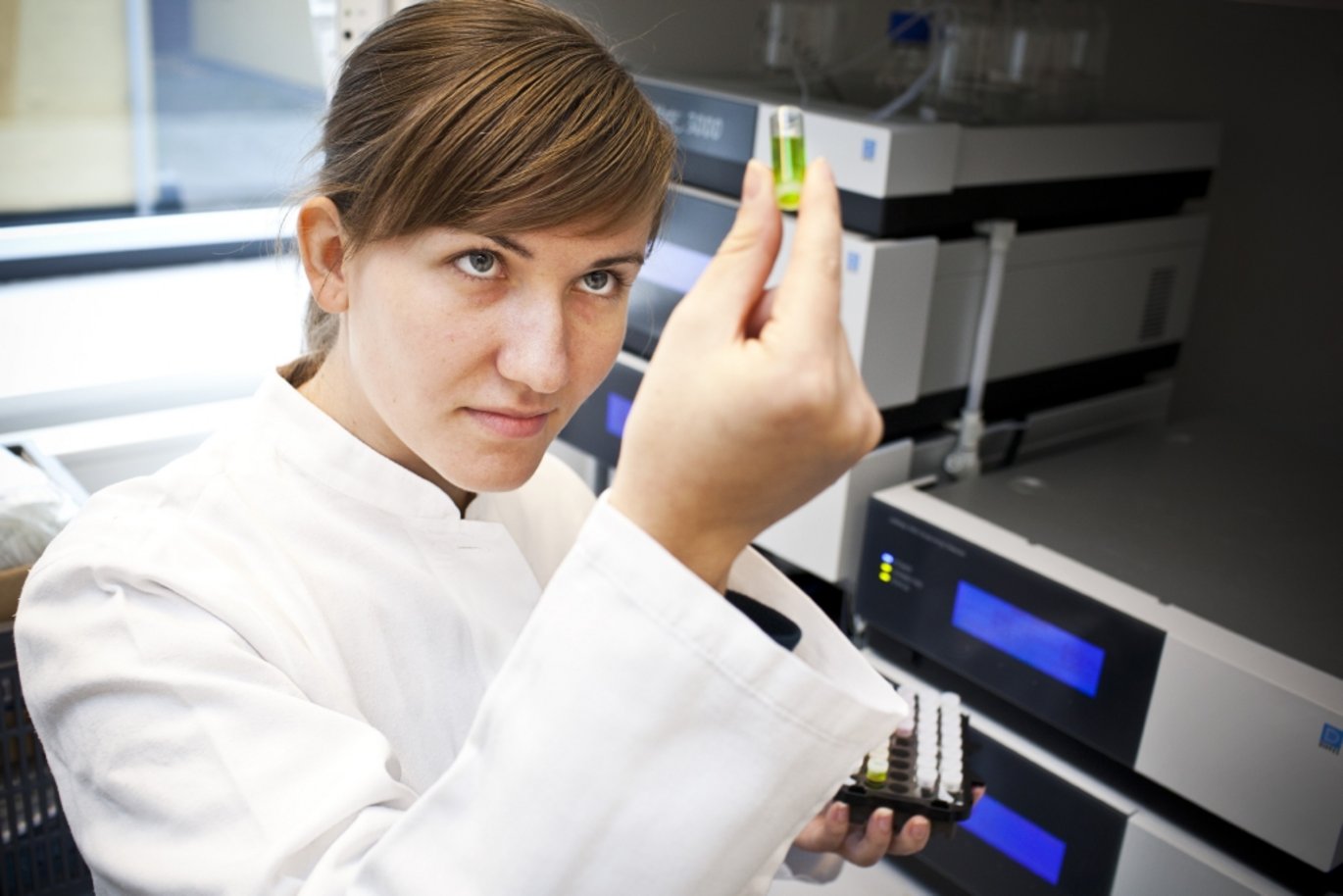What do students get out of a research year?
In a new scientific study, medical students say that they get a great deal of benefit from a research year – both academically and personally.

Research Assistant Thea Tegtmejer from the Centre for Health Sciences Education (CESU), which is a centre at the Faculty of Health, is the person behind a new scientific study of the academic and personal benefits of a research year for medical students.
Omnibus has had the chance to see the survey, which Thea Tegtmejer expects to publish during the autumn.
Responsibility, knowledge and independence
Thea Tegtmejer says that one of the things that stands out most in the results of the study is that the students experience shared responsibility and are able to find out how to work independently and to obtain knowledge about how to plan and carry out a research project.
"One aspect in particular is that they find they learn new things about research methods and applying them in practice, about searching for information, about their ability to analyse, solve problems, and argue. Plus not least that they learn a high degree of independent thinking and that many of them develop new knowledge in the course of the research year," says Thea Tegtmejer.
The students also indicate that they have gained an understanding of many of the processes that are required to conduct research, such as e.g. the importance of obtaining grants and how to conduct research responsibly.
In-depth study
- and thinking about your CV
Thea Tegtmejer also asked about the reasons for taking a research year. The replies showed that one of the most important reasons was the opportunity for in-depth study of a topic.
"But it also appears that the opportunity of writing a scientific article attracts the students to a research year. This fits nicely with the fact that qualifying for a PhD and subsequent positions is one of the factors high on the list of what motivates the students," says Thea Tegtmejer.
Thea Tegtmejer’s study is entitled "The research year as a career platform". It is based on 222 and 173 responses respectively in the two questionnaire surveys that form the basis of the scientific study.
Translated by Peter Lambourne

